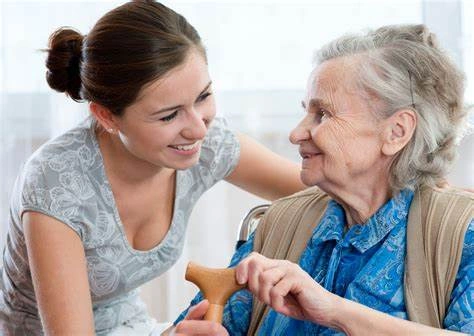Aging Alone: Make a Plan

Aging Alone. We all know someone who is aging and wants to remain independent in their own home. Many in this growing population are finding themselves aging alone without the support of adult children, spouse, relatives, or friends. Studies have found that 22 percent of Americans over 65 years and older are aging alone and lack family support to take care of them. Geriatric experts describe them as “elder orphans” who because of this lack of support experience higher adverse effects of aging.
Having a good plan and support system in place can make the difference in the care an elder receives and the outcome of the illness.
For instance, increasing their risk for cognitive decline, cardiovascular diseases, and early death. Unfortunately, elder orphans not only experience higher rates of illness, but they are more likely to be lonely and socially isolated, leaving them exposed to physical and financial abuse.
First, consider moving to a senior friendly community. Living in a community will help with alleviate social isolation and make ready for a more senior amenable living environment.
Second, contact an eldercare lawyer to discuss your plan and to prepare legally if you should become debilitated.
Third, have a conversation with all your healthcare providers so that they will know how to plan your future healthcare needs accordingly.
Fourth, reach out to any groups or religious affiliations that you are associated with to see if there are volunteers that would be willing to help support your needs when the time comes.
Fifth, hire a patient advocate to manage your care needs and support aging in place care. They can be your voice for communicating and coordinating care needs, like talking with a health provider, medication management, and homecare services. They work solely for the client and provide services such as, accompany clients to doctor’s appointments or hospital stays, and sort-out medical billing.
Navigating the health system without close family support can become a nightmare for any patient, let alone without family or loved one’s support. Without physical and emotional support, it can be difficult to focus on getting well and managing multiple doctor appointments, procedures, and treatments. Having a good plan and support system in place can make the difference in the care an elder receives and the outcome of the illness.
